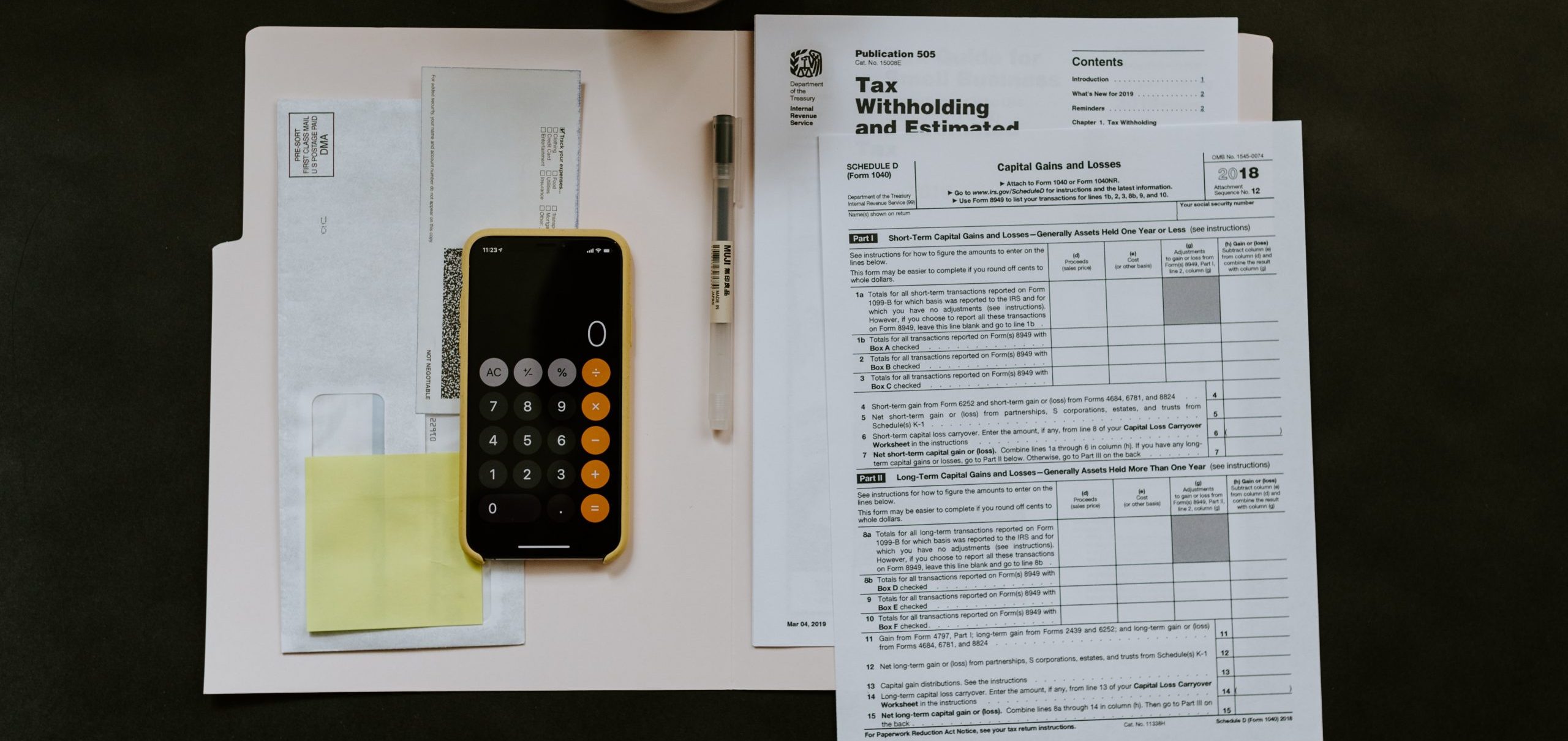Jurisdiction to settle divorce involving foreign elements

1. What is a divorce involving foreign elements?
Pursuant to Article 127 of the Law on Marriage and Family 2014, the divorce with foreign elements is as follows:
|
Article 127. Divorce involving foreign elements 1. Divorces between Vietnamese citizens and foreigners and between foreigners permanently residing in Vietnam shall be settled at a competent Vietnamese agency in accordance with this Law.</p > 2. In case the party being a Vietnamese citizen does not permanently reside in Vietnam at the time of request for divorce, the divorce shall be settled according to the law of the country where the husband and wife reside together; if they do not have a common place of permanent residence, they shall be settled according to Vietnamese law. 3. The settlement of foreign immovable property upon divorce is subject to the laws of the country where such immovable property is located. |
Accordingly, a divorce involving foreign elements is a divorce involving a foreign party or a foreign party. Specifically: between Vietnamese citizens and foreigners; divorce between foreigners who permanently reside in Vietnam and divorce between Vietnamese citizens who do not permanently reside in Vietnam at the time of requesting divorce.
2. Competence to settle divorce involving foreign elements
The competence to settle a divorce involving foreign elements is prescribed in the Law on Marriage and Family 2014, specifically as follows:
| Article 123. Competence to settle marriage and family cases involving foreign elements
2. Competence to settle marriage and family cases involving foreign elements at the Court shall comply with the provisions of the Civil Procedure Code. |
The Civil Procedure Code 2015 stipulates the competence to settle divorces involving foreign elements as follows:
| Article 28. Disputes over marriage and family fall under the jurisdiction of the Court
1. Divorce, disputes over child rearing, property division upon divorce; property division after divorce. Article 35. Jurisdiction of the District People’s Court 1. District-level People’s Courts have jurisdiction to settle according to first-instance procedures in the following cases: a) Civil, marriage and family disputes specified in Articles 26 and 28 of this Code, except for disputes specified in Clause 7 Article 26 of this Code. This Code; 3. Disputes and claims specified in Clauses 1 and 2 of this Article that have involved parties or property </span >overseas or need to entrust justice to the representative mission of the Socialist Republic of Vietnam abroad, for Foreign competent courts and agencies are not under the jurisdiction of the district-level People’s Courts, except for the case specified in Clause 4 of this Article. 4. The district-level People’s Court of the place of residence of Vietnamese citizens annuls illegal marriages, settles divorces, disputes over rights and obligations of husband and wife, parents and children, on recognition of father and mother , children, adoption and guardianship between Vietnamese citizens residing in border areas and citizens of neighboring countries residing in border areas with Vietnam in accordance with this Code and other regulations. other of Vietnamese law. Article 37. Jurisdiction of the Provincial People’s Court 1. Provincial-level People’s Courts are competent to settle according to first-instance procedures the following cases: c) Disputes and requests specified in Clause 3, Article 35 of this Code. Article 39. Jurisdiction of the Court by territory 1. The jurisdiction to settle civil cases by territorial courts is determined as follows: a) The court where the defendant resides or works, if the respondent is an individual, or where the respondent is headquartered, if the respondent is an agency or organization with a competence to settle according to first-instance procedures civil, marriage and family, business, commercial and labor disputes specified in Articles 26, 28, 30 and 32 of this Code; > b) The involved parties have the right to agree with each other in writing to request the Court where the plaintiff resides or works, if the plaintiff is an individual or a place of residence. the head office of the plaintiff, if the plaintiff is an agency or organization that settles disputes about civil, marriage and family, business, commerce and labor as prescribed in Articles 26, 28, 30 and 32 of this Code; |

Thus, according to the law, the competence to settle a divorce involving a foreign element belongs to the People’s Court of the province where the defendant resides or works or the involved parties have the right to reach an agreement with each other in writing. written request to the Court of the place of residence or work of the plaintiff.
In addition, when resolving a divorce involving foreign elements, the plaintiff also has the right to choose the provincial-level People’s Court where the defendant resides, works, has his last office or where the defendant has property to settle. if the defendant’s place of residence, work or head office is not known; The People’s Court of the province where the plaintiff resides, works and is headquartered shall settle the case if the defendant does not have a place of residence, work or head office in Vietnam.
In the special case specified in Clause 4, Article 35 of the 2015 Civil Procedure Code, if the divorce takes place with a Vietnamese citizen residing in the border area with a citizen of a neighboring country residing in In border areas with Vietnam, the jurisdiction belongs to the district-level People’s Courts.
In case the party being a Vietnamese citizen does not permanently reside in Vietnam at the time of request for divorce, the divorce shall be settled according to the law of the country where the husband and wife reside together; if they do not have a common place of permanent residence, the settlement shall be in accordance with Vietnamese law.
Above is the advice of Khoa Tin Law on “Jurisdiction to settle divorce with foreign elements”.
In case customers have unclear issues or need to discuss further, please call us immediately at 0983 533 005 for a free consultation.
Best regards./.
Latest news










